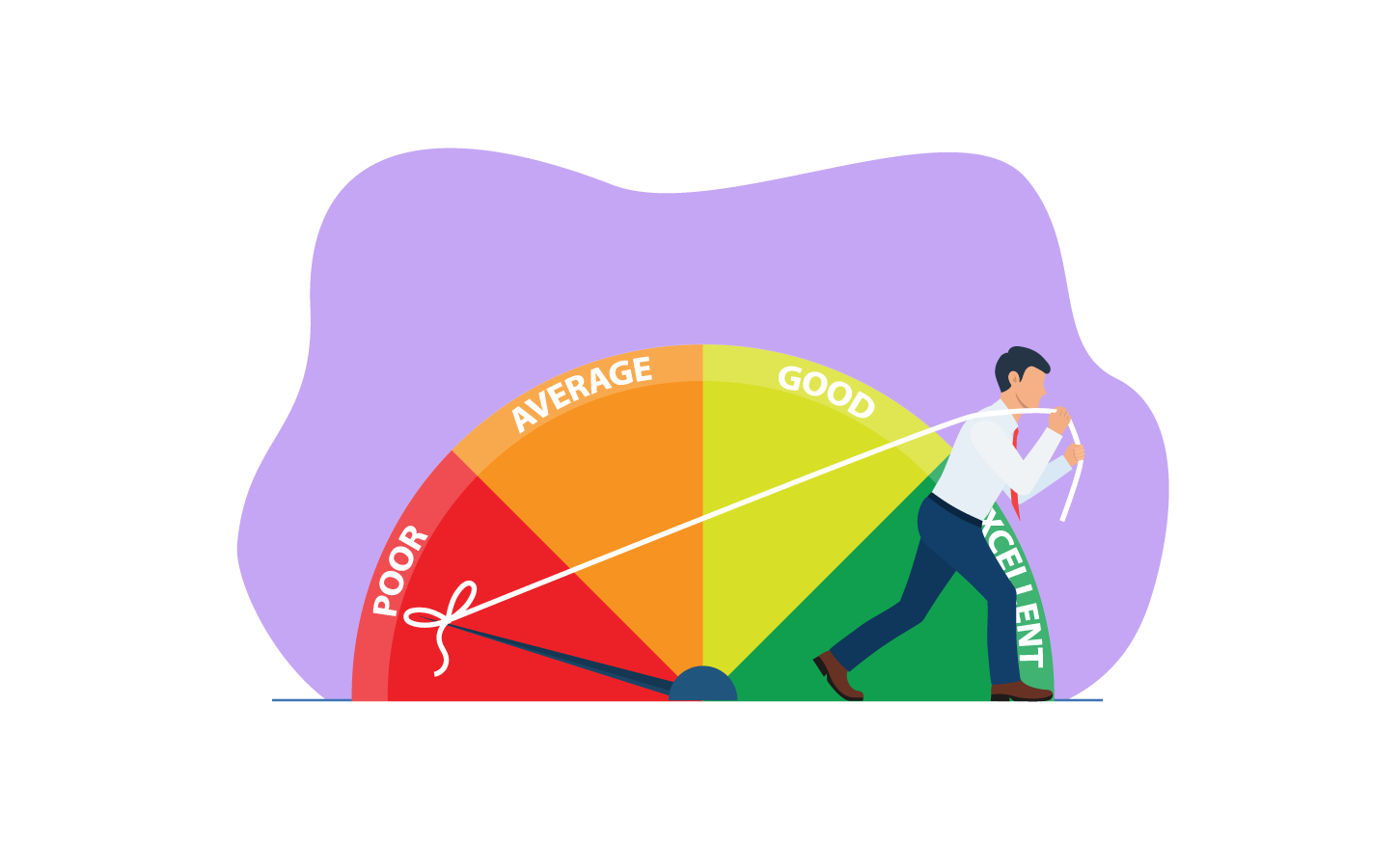Money is clouded by countless misconceptions, and it can be hard to distinguish fact from fiction, especially when it comes to borrowing. A personal loan, just like a mortgage, credit card or any other form of borrowing used by countless Singaporeans, is a common financial product that can be beneficial when used responsibly. Weddings, holidays, renovations, emergencies – life is full of moments that weigh heavily on the savings account, and a personal loan can be a great way to manage large expenses. They can also be used to consolidate existing debt and create a more realistic repayment plan moving forward.
But there are many common myths about personal loans in Singapore, and it’s important to know your way around them before you sign on the dotted line.
Myth #1: You must have a fixed salary to be approved for a loan
If the above were true, it would be bad news for many: there are more than 200,000 freelance workers in Singapore along with over 400,000 registered businesses, many of which are privately owned. But thankfully, those who do not earn a salary can still be approved for a personal loan. You will need to prove your income (the minimum requirement varies between loans) with documentation such as bank statements and business details, and you may be required to get a guarantor to co-sign the agreement. And while some banks may set a minimum of $30,000 for applicants on a fixed salary, licensed money lenders are able to offer smaller loans to those earning less.
Myth #2: It’s best to take out the maximum loan amount
It can be a relief when a lender finally agrees to give you a loan, and the temptation to accept the maximum available amount can be hard to resist. But while the extra cash may help you meet all your costs in the short term, don’t forget that you’ll end up paying more through interest. Be sure to calculate how much you can afford to repay – you may find it’s more suitable to take out a smaller loan to ensure you can comfortably make your repayments on time.
Myth #3: If you get into debt trouble, your spouse will too
Many couples in Singapore choose to share financial responsibilities, and defaulting on a loan will inevitably cause stress and uncertainty. But if you’re worried about your debt passing on to your partner, it’s important to know they will not be forced to repay anything you owe. As a sole borrower, you deal with the debt alone. Even if someone dies, their spouse will not inherit any debt: instead, the estate of the deceased will be used to settle any debt before it is allocated according to their will.
Myth #4: You should only ever borrow money from a bank
For some, borrowing from a moneylender conjures images of dark alleyways, gangsters and bruised cheekbones for late payments. The reality is much less dramatic. Licensed moneylenders in Singapore are just as reputable as banks and are governed by the Moneylenders Act, which both oversees how they operate and protects borrowers from shady practices.
As long as your moneylender is licensed, their maximum fees and interest rates are limited by law, and every loan requires a signed contract with all applicable terms in writing. Choosing a licensed money lender over a bank comes with its own benefits: given the loan amounts are usually smaller, approval is often quicker and easier to obtain.
Myth #5: Without collateral, you’ll never get a loan
For mortgages, car loans and other products, it’s common for an asset to be used as security: if the borrower can’t repay the loan, the lender will seize the asset and sell it off to recoup their losses.
Personal loans, however, are unsecured. This means you do not need to provide any assets to back the loan, and can be approved based on your income and general financial position. Keep in mind that because lenders are taking on more risk, interest rates on unsecured personal loans tend to be higher. However, these loans are typically in smaller amounts and interest rates are limited by law, which means you can still find offers with affordable repayment schemes.


















